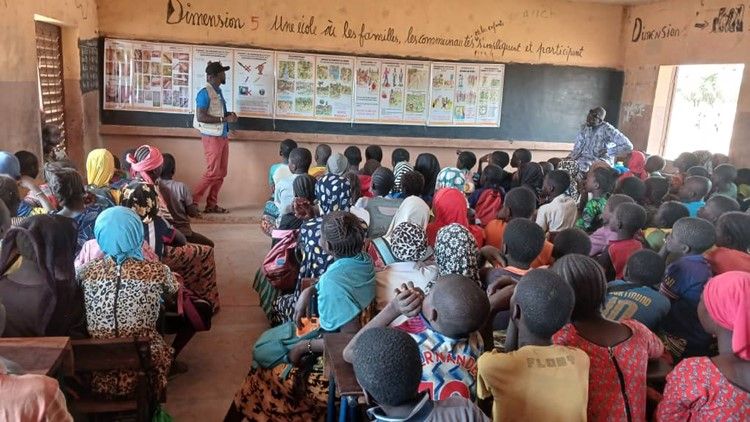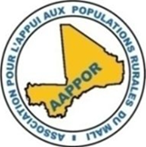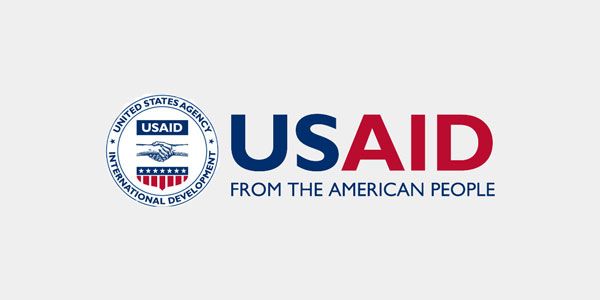The Issue
Mali has been severely impacted by insecurity and armed conflicts since 2012, leading to an increase in the use of Explosive Ordnances (EO), which causes a major threat for the safety and security of the civilian population, both at individual and community level. Vulnerable groups such as internally displaced persons and returnees are at higher risk due to their lack of knowledge and awareness of potentially EO-contaminated zones. The EO threat adds even more vulnerability to local populations, as they are pushed to move and run away from conflicts.
The Project
To support internally displaced people and host communities in the Center of Mali, DCA and its partner AAPPOR implement activities to raise awareness about the risks associated with the explosive threat of homemade explosives, mines, explosive remnants of war (ERW) and small arms and light weapons (SALW) through risk education, community liaison and outreach. In parallel, the project provides assistance to EO and SALW victims through a holistic and integrated response, spanning across emergency medical assistance/evacuation, recovery assistance such as cash for food and non-food items, and medium-term assistance to sustain the victims’ and their households’ socio-economic reintegration. Victims are identified at community level, assisted directly by the project through receiving cash and psycho-social support, and/or referred to receive specialised assistance. DCA and AAPPOR ensure cash management and/or follow up on a needs-basis (individual action plans).

The Change
Through these activities, the goal is to raise awareness about the risk linked to Explosive Ordonnance (EO) and SALW; contribute to reduce the number of deaths/ victims of EO, and to identify EO contaminated zones to protect the populations.
The Results
Since the beginning of the project, AAPPOR’s community liaison officers were trained to carry out EO/SALW risk education activities, assist identified victims and ensure appropriate community liaison and follow up in line with DNH approach, informer by rapid conflict and gender sensibility analyses conducted in each intervention areas. So far, the project has reached 17, 852 people through about 600 EORE sessions and provided assistance to 191 victims.
Partner
DCA works with a local implementing partner, the Association d’Appui aux Populations Rurales du Mali (AAPPOR-Mali). Read more about AAPPOR: Ong Aappor Mali

Thematic Relevance
The main objective of this project is to improve community safety and humanitarian protection response in conflict-affected areas of central Mali. DCA and AAPPOR are working to strengthen the protection of population exposed to EO, SALW and risks of community violence. The project focuses on risk prevention/mitigation, awareness and response activities, which aim to provide emergency and post-emergency holistic assistance to victims, including support to facilitate their rehabilitation and socio-economic reintegration. In parallel, the project seeks to contribute to the wider protection monitoring environment, specifically through community-based approaches, and humanitarian access facilitation through awareness-raising activities among humanitarian actors.
About the project
Full title: Supplying Protection, Education, Assistance and Action on conflict related Risk in the center of Mali.
Areas of intervention: Circles of Douentza, Bandiagara, Bankass, Djenne, Konna, and Koro (Mopti region).
Period: July 2023 – July 2024
Partner: AAPPOR
Amount: 750,000 $
Number of people reached: 32,468 people targeted, with 4,534 internal displaced people targeted.
Donor: USAID / BHA


